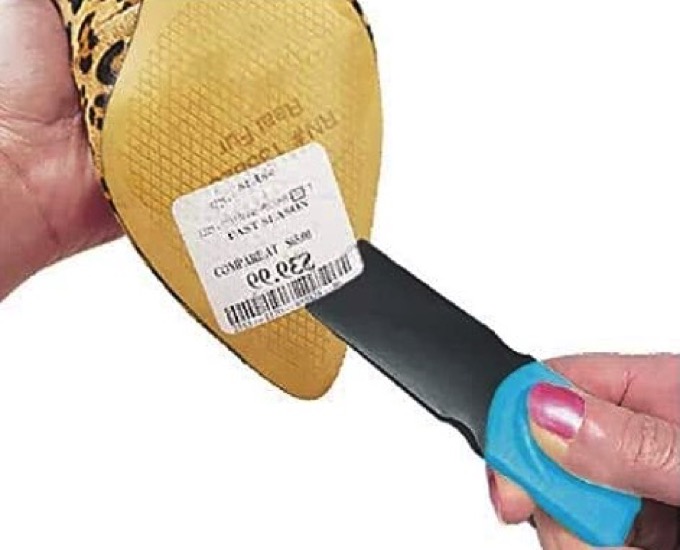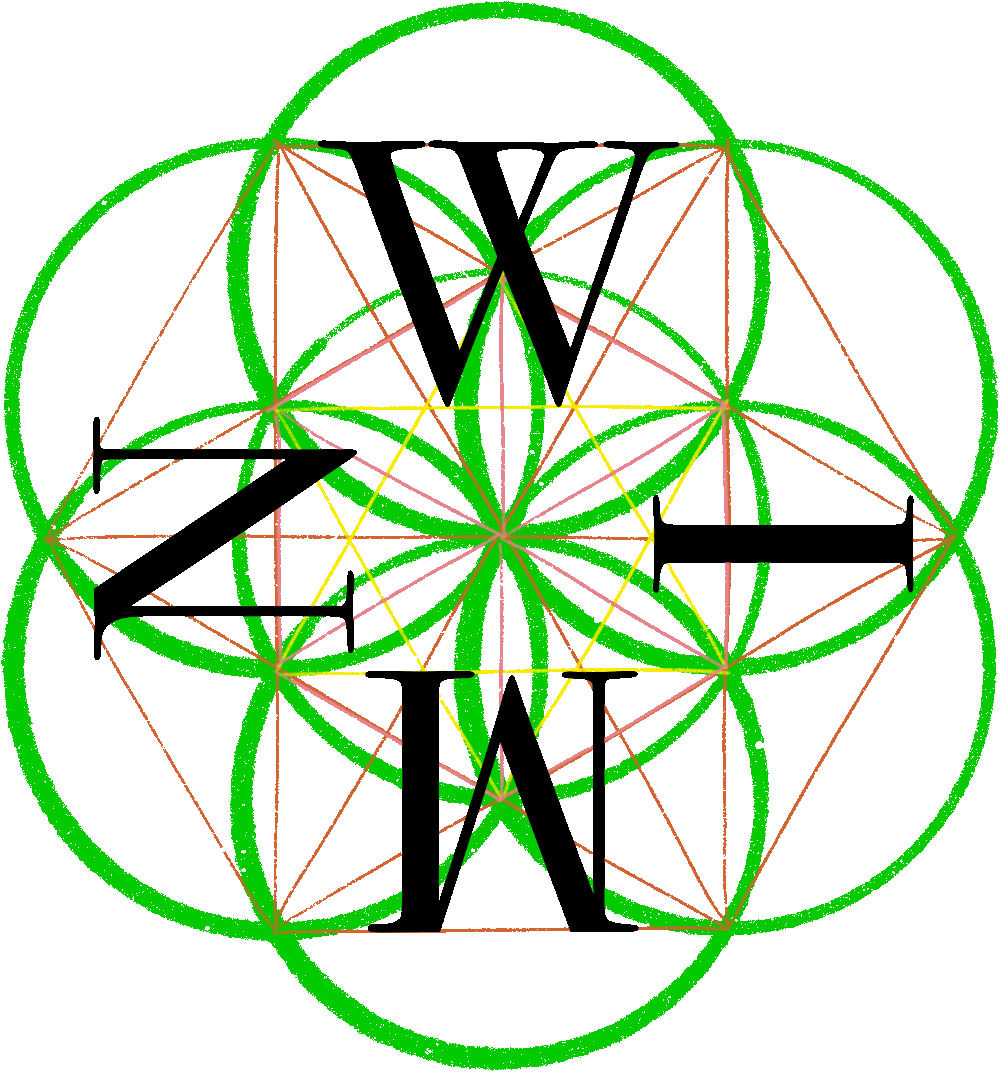A cool tool can be any book, gadget, software, video, map, hardware, material, or website that is tried and true. All reviews on this site are written by readers who have actually used the tool and others like it. Items can be either old or new as long as they are wonderful. We post things we like and ignore the rest. Suggestions for tools much better than what is recommended here are always wanted.
Tell us what you love.Categories
- Announcements
- Aural
- Autonomous Motion
- Backpacking
- Big Systems
- Clothing
- Communications
- Community
- Computers
- Consumptivity
- Craft
- Culture
- Dead Tools
- Deals
- Design
- Destinations
- Dwelling
- Edibles
- Every Day Carry
- Family
- Gardens
- Gareth's Tips
- General Purpose Tools
- Health
- Homestead
- Inner Space
- Just 1 Question
- Kitchen
- Learning
- Life on Earth
- Livelihood
- Living on the Road
- Maker Tools
- Maker Update
- Materials
- Media Tools
- Multiple Product Reviews
- No Stream
- Nomadico
- Paper World
- Photography
- Play
- Podcast
- Prove Us Wrong
- Readers' Gifts
- Recomendo
- Related Stuff
- Science Method
- Somatics
- Source Wanted
- Tips
- Tool Chest
- Tools for Possibilities
- Uncategorized
- Vehicles
- Videos
- Visual Media
- What's in My Bag
- Workplace
- Workshop
Which Credit Cards Score Free Bag Checks?
My flight on Southwest last week may be my last one for a while since they’re heading downhill to join the rest at the bottom, but as long as I keep paying the annual fee for their credit card, one bag will still fly free. While the Chase Sapphire and Amex cards with Membership Rewards are popular for their multi-program transfer options, you need a branded airline card if you fly a U.S. carrier frequently and want to get around baggage charges. The United Explorer, Alaska Airlines, Southwest, and JetBlue cards are the best since the bag fee is waived for all flights, but you’ll get a domestic checked bag included if you pay for one with a card from Delta or American. The annual fee on these is $150 or less and for JetBlue and Alaska, the bag perk extends to companions on the same reservation.
The Complicated Story of San Miguel de Allende
My base in Mexico is an hour and a half from San Miguel de Allende and I’ve probably been there at least 20 times now. I’m usually ready to leave after a couple of days, but there’s a reason it has been named best city or best small city in the world in glossy travel magazines’ polls: it’s a gorgeous place. But what about all those gringos taking over? I like this article about the city for its balanced look at the rising prices, Airbnb boom, and gentrification. They rightly point out that the city gets more domestic visitors than foreigners and many of those expensive mansions are vacation homes for Mexico City residents. (Via the Travel Wire from Nomadic Notes.)
Holiday Gear Sales
Friday is Independence Day in the USA, which provides a good excuse for companies to bombard you with e-mails to implore you to buy something. This is a good weekend to find travel gear and clothing on sale though since the online retailers want to get the slow summer sellers moving and clear out more of the items from past seasons. I gather a bunch of these discount links in once place a few times a year when the markdowns are deepest and you can see the current version that went out yesterday at this link.
The Life of Chuck Movie
I often judge a movie by a) how much it surprises me and b) how long I keep thinking about it in the days after. The Life of Chuck may not be tearing up the summer box office amidst all the reboots and sequels for teens, but it’s getting mostly good reviews from critics and viewers. This pairing of two creators best known for horror (Mike Flanagan and Stephen King) is a trippy, heart-warming tale with lots of twists and turns. Worth seeing in a theater, but it should work on small screens too when it makes its way to airplanes and streaming later.








